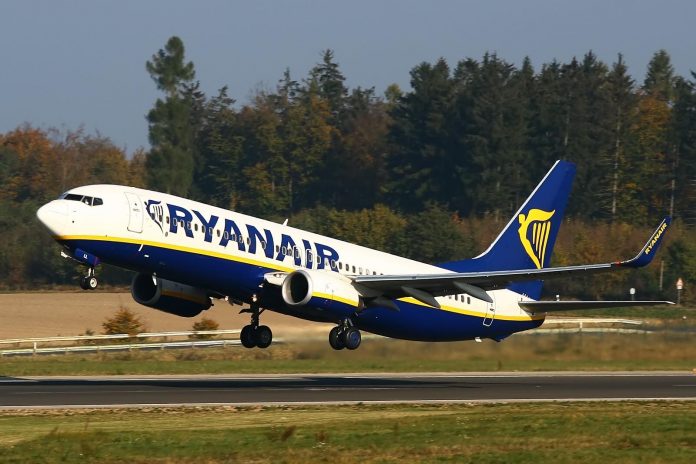The threat of actions is too strong and out of control, and especially at this busy travel time of the year. Ryanair is giving in to pilot demands, because the risks are too high for the already shipwrecked network at such a delicate time for the company and after a very hot autumn that was full of cancellations of hundreds of flights due to a lack of pilots.
In a letter to the Irish Air Line Pilots’ Association (IALPA), the company’s chief of staff, Eddie Wilson, has admitted to wanting to give way to negotiations with the European unions, including the Italian union, and to discuss the rights and wages from now on through their mediation, as reported by the Italian daily, Repubblica.
Michael O’Leary, Ryanair’s CEO, pointed out: “Christmas flights are very important for our customers, and we want to remove from the table any fear of the possibility that service interruptions may occur next week.
“The best thing to do now is to talk to the pilots through the process of recognition of the trade unions. We’ll talk to them, but we ask in exchange for the cancellation of the protests. This represents for us an epochal change similar to those that we are used to, as we have already done in the past, when we launched Ryanair Labs and the ‘Always Getting Better customer satisfaction program in 2013.’”
In this way, five days after December 20, the date chosen by the European pilots to block the network and finally be heard and welcomed in the negotiations with Ryanair, the Dublin group tries to stop the cancellation of hundreds of flights on Christmas Eve.
And given that the threats of retaliation against those who went on strike had only the effect of raising the tone against the company even further, O’Leary has reversed the route by confronting the unions. It is likely then that the strike announced in Italy, Spain, Portugal, Germany, and Ireland by the compact and hard-working unions of these countries for the next week, has had a disruptive effect on the controversy.
Now we await the response of the counterpart who has set up some internal assemblies to discuss precisely this change of epochal step within the company.
In recent days, in fact, there were protests and even threats of imminent verification of the company by the European authorities and also by the Italian government. Positions were confirmed after the turnaround of the low-cost airline, as defined by the Minister of Economic Development, Carlo Calenda, on “the minimum union salary.”
O’Leary also tried to mend on this front, sending a letter also to Calenda, saying: “We have accepted your opinions, and those of the Italian government.” He then assured that “Ryanair will continue to work in close contact with the Italian government, and to take its opinions into account in this and all other matters.”


























